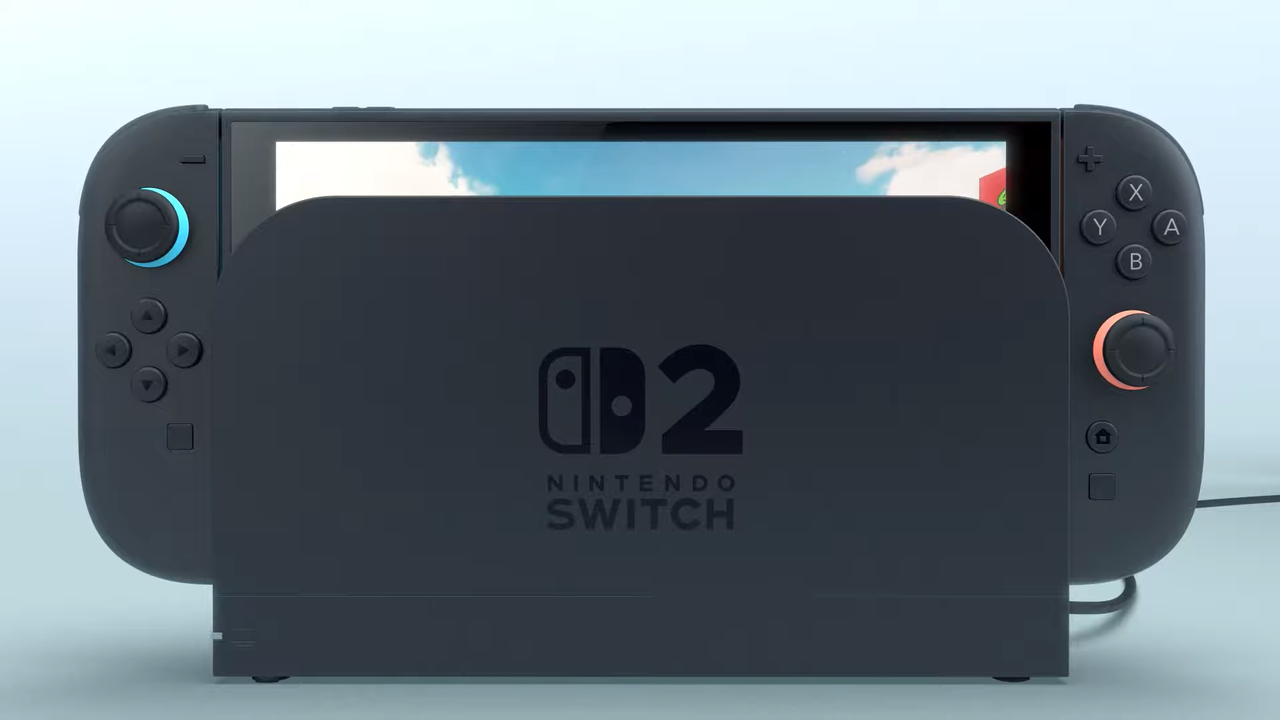Nintendo's Switch 2 Launch Hangs in Balance: Trade War Tensions Delay Pre-Order Rollout

In a surprising move that has sent ripples through the gaming industry, Nintendo has made an extraordinary decision to postpone pre-orders for its highly anticipated Switch 2 console. The gaming giant cited complex market dynamics and the ongoing economic tensions stemming from international trade disputes as key factors behind this unexpected delay.
Sources close to the company suggest that the lingering effects of trade tariffs, particularly those implemented during the Trump administration, have created significant uncertainty in the global electronics supply chain. This economic landscape has prompted Nintendo to carefully reassess its launch strategy and market positioning for the next-generation gaming system.
The decision reflects Nintendo's cautious approach to product rollout, prioritizing market stability and consumer readiness over rushed production timelines. Industry analysts are closely watching how this strategic pause might impact the competitive gaming console market and Nintendo's future product launch plans.
